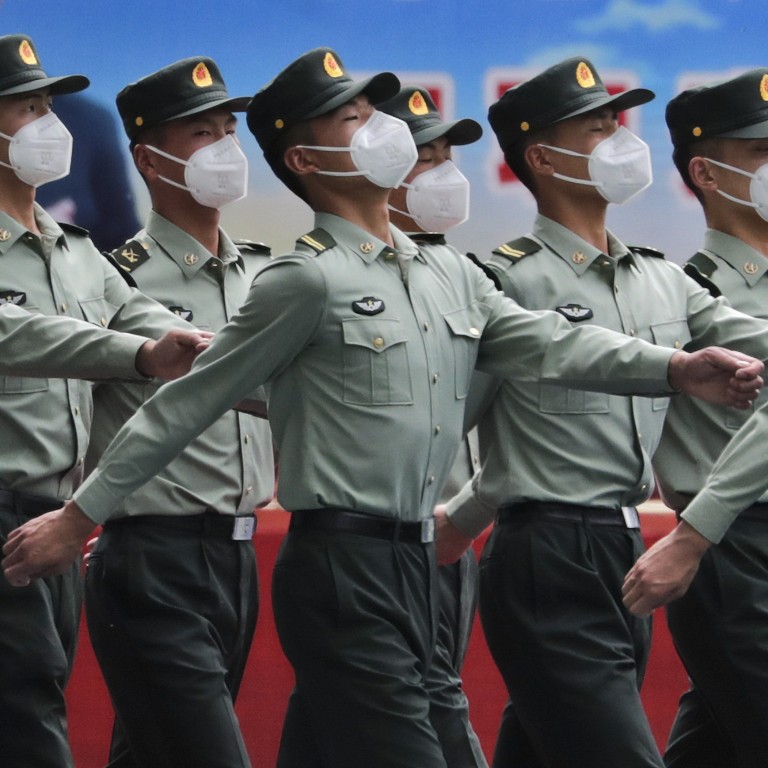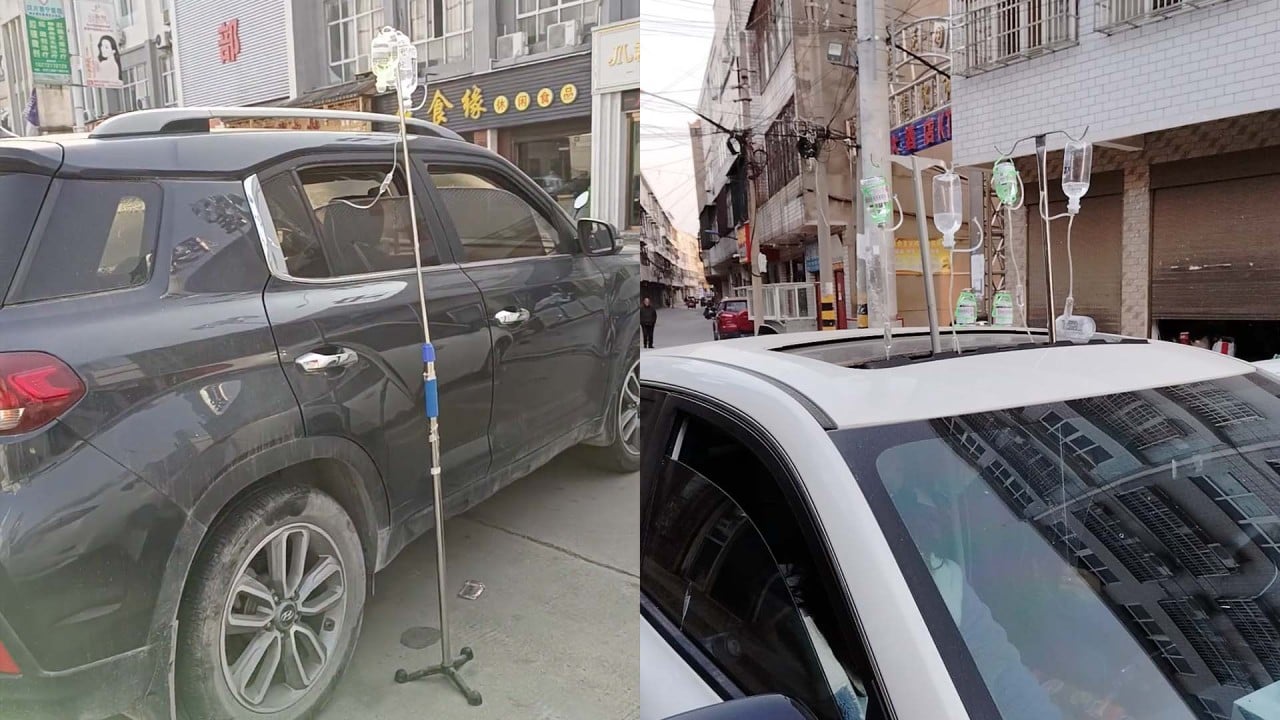
China military moves to protect troops from Covid-19 surge
- PLA commentary says ‘proper coordination’ is needed between pandemic controls and combat-readiness
- It is unknown what impact the latest wave of infections has had on Chinese forces but training must continue, the article said
There should be no “one-size-fits-all” approach to containing the outbreaks and extreme measures should be avoided, it said. At the same time, the commentary called for proper arrangements to ensure the troops received isolation care and their daily necessities.
“We have to protect the health of officers and soldiers to the greatest extent, minimise the impact of the epidemic on the ‘four orders’ of the troops [usually defined as combat-readiness, training, work and living] and ensure the troops are ready to fight at all times,” it said.
China is experiencing soaring Covid-19 infections, which have coincided with the first major relaxation of control measures – including shortened quarantine times for close contacts and travellers from abroad from seven to five days – since the pandemic began.
The country has also rolled back PCR testing and ended the mass lockdowns imposed on the basis of close contact tracing. The World Health Organization has said the rise in cases is not a result of China’s loosened pandemic restrictions.
China has never said if any serving troops were infected in the latest wave of infections, but the PLA Daily commentary said the military needs to put its own pandemic control measures in place before training is affected.
“The entire army should further enhance its sense of responsibility and urgency in various tasks centred on troop training and preparation for battles,” it said. “Facing the new situation, how to coordinate pandemic control and preparation for war has put forward higher requirements for leaders at different levels.”
A source close to the Chinese military said the PLA had implemented its own pandemic control measures, with training continuing as usual and quarantine and medication provided for infected troops.
“Those needing quarantine will continue to be quarantined, and those needing medication will be prescribed them, adjusted according to the situation,” said the source, who requested anonymity because of the sensitivity of military policies.
It is not yet clear if the troops will be able to return home for the Lunar New Year, which starts on January 22, but the source said it would be unlikely because of the PLA’s need to reduce infections.
The National Health Commission said on Friday that 2,157 new symptomatic cases were recorded on December 15. There were no new deaths for the second consecutive day, keeping fatalities at 5,235.
Experts have said that with less testing being done there could be some under-reporting. China also stopped recording asymptomatic cases – which accounted for most of its infections – from Wednesday.
People in Beijing and other cities have complained of difficulties in obtaining anti-fever drugs and other medical supplies. US consulates in China have also suspended most of their services because of the surge in infections.



